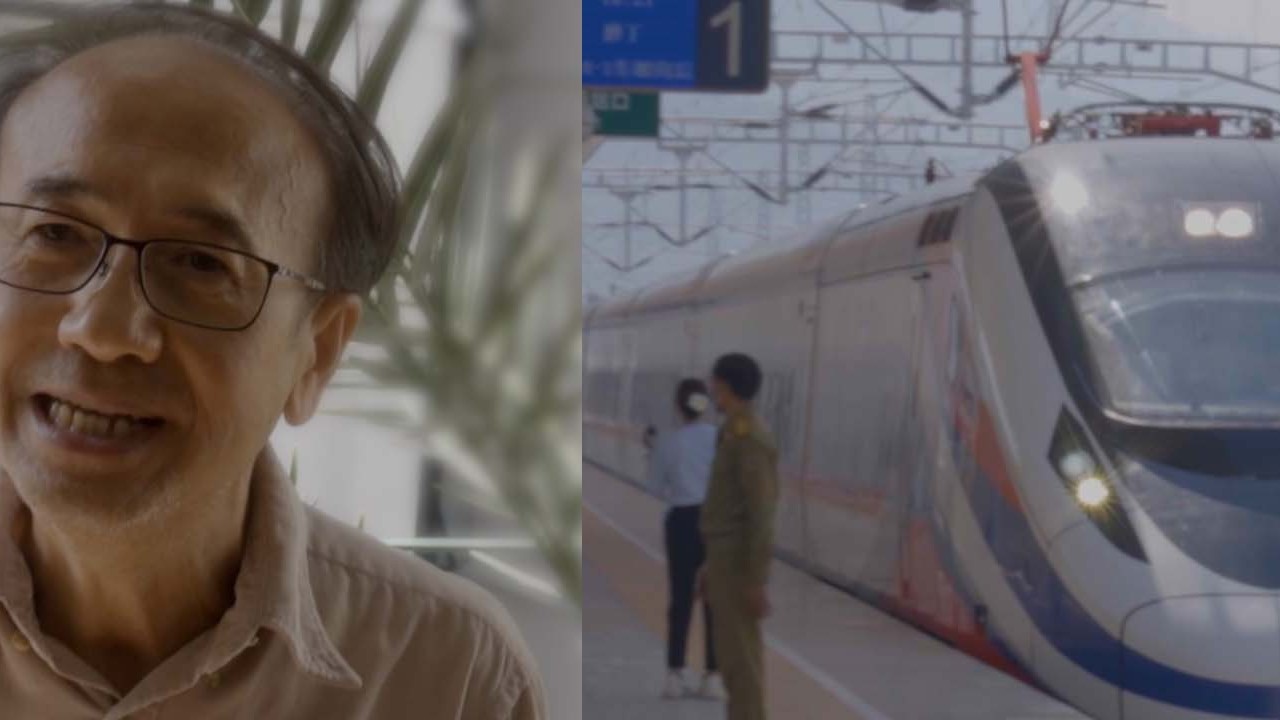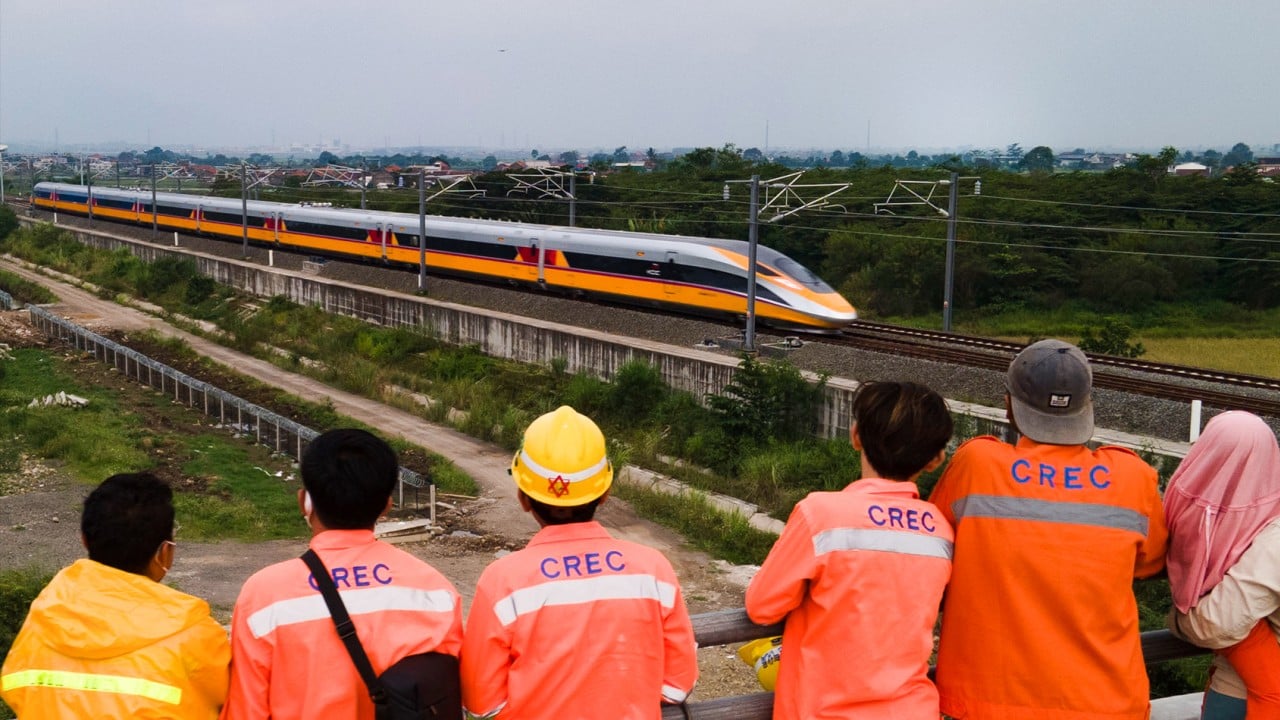
China offers joined-up rail ticketing to belt and road countries
- Laos is first to sign up to the universal platform, which uses Swiss francs, not the US dollar for international payments
- The system is based on China’s domestic app and can handle requests from around the world in different languages, the developers said
Ticket without borders
The main servers, within the Chinese border, can handle requests from passengers around the world in different languages, according to a paper published by the Chinese-language journal Railway Transport and Economy in March.
The team was led by computer scientist Zhang Zhiqiang from the China Academy of Railway Sciences Corporation, a government research agency overseeing the development of new train technology.
Instead of the US dollar, the belt and road ticket machine will use Swiss francs as its standard currency for international exchange, the team said.
“Settlement is based on the amount of Swiss francs for passenger tickets in different countries where the train stops, and a clearing report is generated on a monthly basis. The system provides data support functions such as income verification, electronic payment and liquidation,” the researchers said.
Steep climb to the top
The belt and road ticket machine is the international version of 12306, China’s domestic train ticket app, which was regarded by passengers as a joke when it was launched in 2011, because it crashed all the time.
The government sought help from China’s tech giants to rebuild the system and the 12306 is now the country’s most popular travelling app, with nearly 700 million subscribers – half the population.
42 million Chinese on the move on day 8 of post zero-Covid Lunar New Year
In busy holiday periods such as Lunar New Year, the app can handle 200 billion travellers each day, issuing more than 1,500 tickets per second without a glitch.
Railways of the world, unite
Bringing the ticket management systems from so many countries onto one platform was not easy, according to Zhang and his team.
“The system needs to support different ticketing mechanisms in different host countries with different organisational structures and seat number rules, and provide convenient services for domestic and cross-border seat management functions,” they said in the paper.
In China, passengers only need to show their identity card to board a train, but some countries still use paper tickets. The universal machine needs to work seamlessly in vastly different environments.
Protecting sensitive data and the privacy of passengers also imposed some big challenges, the project team said.
To achieve the seemingly opposite goals of openness and security, the system will use open source software based on the core technology developed in China. The main servers will also be run and maintained by experienced engineers under the protection of ultra-high security measures, the team said.
Countries joining the call
Laos is the first country to adopt the system, where passengers in the small, landlocked country were able to buy tickets with the smartphone from March 15, according to the state-owned China News Service.
How are China’s relations with Kazakhstan on the eve of Xi Jinping’s visit?
Zhang and his team said Russia, Mongolia, Kazakhstan and Vietnam may follow soon. The technology will “lay the foundation for all countries to jointly establish an intelligent, standardised and unified ticketing platform for international transport”, they said in the paper.
Rail, belt and road
In just 15 years, China has built more than 42,000km (26,000 miles) of high-speed rail at home, long enough to go around the Earth at the equator.
Chinese belt and road investments have also seen the construction of high-speed rail and heavy duty cargo lines in other countries. Beijing is pushing for the standardisation and integration of rail networks spanning eastern Europe, Southeast Asia and Africa.
Chinese firms on track in Tanzania with US$2.2 billion railway contract
A March 18 report in official newspaper People’s Daily said connecting railway networks in southeast Asian countries – such as Laos, Cambodia, Thailand, Malaysia and Singapore, for example – would significantly reduce transport and travel costs.
The move would also speed up economic development and deepen China’s ties with the region, the report said.
“The construction of the railway will not only better connect Thailand and China in the field of transport, but also stimulate the exchange of ideas and strengthen people-to-people bonds,” said a Chinese railway engineer working at a site in northeast Thailand, according to the report.



